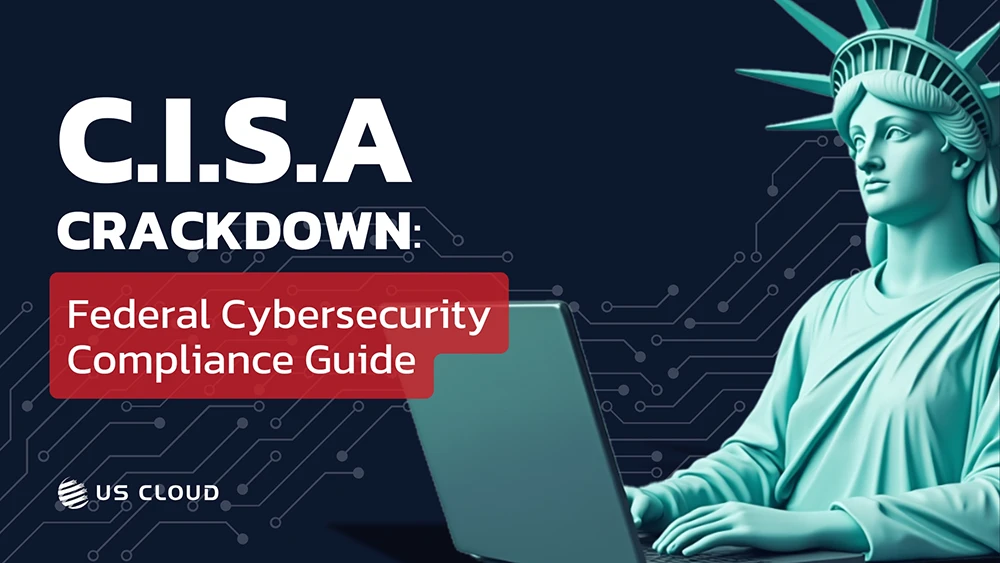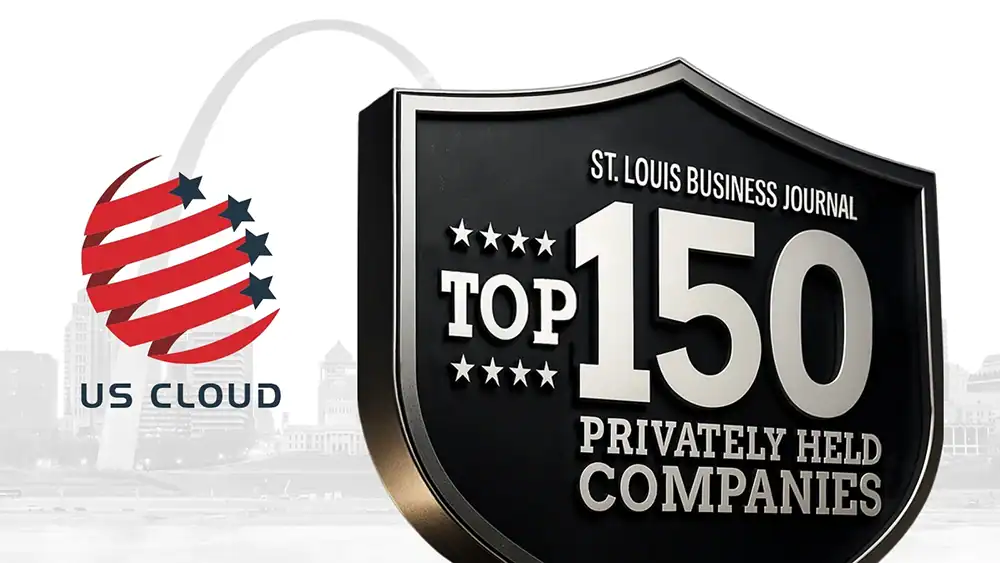
U.S. Government Report Recommends Microsoft Cloud Security Overhaul.

CSRB Faults Microsoft, Calls for Cloud Security Reform
A recent U.S. government report has brought to light significant security concerns regarding Microsoft’s handling of cloud security, following a major breach by state-backed Chinese hackers.
The report, issued by the U.S. Cyber Safety Review Board (CSRB), highlights a series of operational failures and strategic decisions by Microsoft that allowed these hackers to infiltrate the email accounts of senior U.S. officials. The report has not only criticized Microsoft but also called for broader reforms across the cloud security landscape.

The Breach and Its Implications

The security breach, first reported in July 2023, involved a hacking group known as Storm-0588, which is believed to have ties to the Chinese government. This group managed to compromise a Microsoft engineer’s corporate account, which subsequently allowed them access to sensitive U.S. government systems.
The report describes this incident as “preventable” and points to a cascade of errors within Microsoft’s security protocols.
The hackers accessed emails from 22 organizations and over 500 individuals, including high-profile figures such as the U.S. ambassador to China. Additionally, around 60,000 emails were downloaded from the U.S. State Department.
This breach underscores the critical role Microsoft plays in the global technology ecosystem and the level of trust customers place in the company to safeguard their data and operations.
Findings of the U.S. Cyber Safety Review Board
The CSRB report was unequivocal in its criticism of Microsoft’s cloud security practices. It highlighted several areas where Microsoft fell short:
- Inadequate Identity Security Controls: The report noted that Microsoft lacked the identity security controls that are standard among other cloud service providers.
- Outdated Cryptographic Practices: Hackers exploited a cryptographic key from 2016 to gain unauthorized access, pointing to outdated key rotation practices.
- Failure in Organizational Controls and Governance: The report criticized Microsoft’s failure to prioritize security, suggesting a need for a cultural shift within the organization.
The CSRB recommended that Microsoft’s leadership develop and implement a plan to make fundamental, security-focused reforms across its products and services.
It also suggested that cloud service providers should stop charging customers for security logs, which are essential for detecting and preventing intrusions.
Key Findings from the CSRB Report
| Finding | Description |
|---|---|
| Weak Identity Security | Microsoft lacked common identity security controls. |
| Outdated Cryptography | Hackers used an old cryptographic key from 2016. |
| Poor Security Governance | Microsoft needs a stronger focus on security. |
Microsoft’s Response and Initiatives
In response to the CSRB’s findings, Microsoft has launched the “Secure Future Initiative” aimed at addressing its security shortcomings. The company has committed to implementing the board’s recommendations and has already made some security logs available as part of its standard cloud service package.
Microsoft’s Vice Chair and President, Brad Smith, testified before the House Homeland Security Committee, emphasizing the company’s commitment to improving its cybersecurity posture.

Microsoft has committed to implementing all 16 recommendations from the CSRB that apply to the company, which include specific actions to protect identities and secrets, enhance network security, and improve threat detection and response capabilities. The initiative emphasizes three core security principles: secure by design, secure by default, and secure operations.
These principles guide the development and deployment of Microsoft’s products and services, ensuring that security is embedded from the outset and continuously improved to meet evolving threats.
Microsoft’s Response to CSRB Recommendations
| Initiative | Details |
|---|---|
| Secure Future Plan | Aims to fix security issues, including better logs and identity protection. |
| 16 Key Actions | Enhancing network security and improving threat detection. |
| Core Security Principles | “Secure by design,” “secure by default,” and “secure operations.” |

In addition to these technical measures, Microsoft is also focusing on cultural and organizational changes to reinforce its security-first approach. This includes tying security goals to leadership compensation, which ensures accountability and aligns the company’s objectives with its security commitments.
Microsoft has also invited the Cybersecurity and Infrastructure Security Agency (CISA) to its headquarters for a detailed technical briefing on the implementation of the CSRB’s recommendations, demonstrating transparency and a willingness to collaborate with government agencies to enhance security measures.
Challenges and Criticisms
Despite Microsoft’s efforts, the company faces significant challenges in restoring trust and ensuring robust security:
Profit vs. Security
A ProPublica investigation revealed that Microsoft had previously prioritized profit over security, allegedly ignoring warnings about critical flaws to secure government contracts. This has led to skepticism about the company’s commitment to security.
Ongoing Vulnerabilities
The CSRB report and subsequent investigations have highlighted ongoing vulnerabilities in Microsoft’s cloud services necessitating continuous improvements and vigilance.
Industry-Wide Implications
The CSRB’s report has broader implications for the cloud computing industry, calling for a reevaluation of security practices across all cloud service providers, not just Microsoft. The report recommends that the Cybersecurity and Infrastructure Security Agency (CISA) lead efforts to define and adopt minimum standards for audit logging in cloud services.
This would ensure that customers have access to essential security logs without incurring additional costs, enabling them to detect and respond to security incidents more effectively.
This recommendation underscores the need for transparency and accountability in the cloud computing industry. By establishing standardized security practices, cloud service providers can enhance customer trust and reduce the risk of breaches.
The report also highlights the importance of collaboration between government agencies and private companies to develop and enforce these standards, ensuring a unified approach to cybersecurity across the industry.
The Path Forward
For Microsoft, the path forward involves not only addressing the immediate security concerns but also fostering a culture of security that permeates every aspect of its operations. This includes:
- Enhancing Security Culture: Microsoft needs to prioritize security at all levels, from product design to operational practices.
- Implementing Best Practices: The company must adopt best-in-class security standards, such as multifactor authentication and least-privilege access models, across its services.
Increasing Transparency and Accountability: By tying security goals to leadership compensation, Microsoft aims to ensure accountability and transparency in its security initiatives.
The Premier Choice
It’s clear that the cloud computing landscape is evolving rapidly. In this context, US Cloud emerges as a standout alternative from other providers. We tailor solutions to meet your company’s specific needs while ensuring compliance with the most stringent regulatory requirements.
With transparent pricing, eliminating hidden fees, and round-the-clock dedicated support teams, US Cloud we have an unwavering commitment to customer satisfaction. For organizations seeking a cloud provider that truly understands their unique challenges and prioritizes their security needs, US Cloud represents not just an alternative, but a superior choice in the cloud services market.
As you navigate the complex world of cloud computing and cybersecurity, partnering with US Cloud offers the peace of mind and tailored solutions necessary to thrive in today’s digital landscape.



